'Who chose which gospels to include?' Sophie asked. 'Aha!' Teabing burst in with enthusiasm. 'The fundamental irony of Christianity! The Bible, as we know it today, was collated by the pagan Roman emperor Constantine the Great.'
(Dan Brown, The Da Vinci Code, 231)
The recent excitement over the well‑publicized unveiling of the Gospel of Judas in the spring of 2006 provided a glitzy showcase for the views of certain scholars of early Christianity. Such collaborations between the media and the academy seem to be much more common today than they used to be. One result of this partnership has been the wider promotion of the idea that Christianity's early centuries were something of a free‑for‑all with regard to Gospel literature‑books which purported to describe the life and teachings of Jesus of Nazareth. Since there were once many other Gospels besides the four now in the Bible, why should we simply assume that the church chose the best ones? Shouldn't we in fact presume that the church simply selected the Gospels that best promoted its own causes to the detriment of its competitors? Who was it that conspired to give us the books we have? Who chose the Gospels anyway?
If many informed laypeople, believers or unbelievers, now have the impression that the ancient church was a veritable breeding‑ground for Gospels, it is for good reason. For this is precisely what several well‑placed scholars have been telling the public, even before the Gospel of Judas hit the airwaves and made a big splash on the internet. In the words of William Petersen: 'Whoever wanted to write a gospel could‑and often did.' Petersen speaks of a 'sea of multiple gospels,' and quips that 'gospels were breeding like rabbits'. Another deservedly famous scholar, Elaine Pagels, has written of her astonishment on learning as a graduate student at Harvard that two of her professors each 'had file cabinets filled with "gospels" and "apocrypha" written during the first centuries', books which, Pagels says, revealed a 'diversity within the Christian movement that later, "official" versions of Christian history had suppressed so effectively'.
So, we may now ask, how did the Christian church, apparendy drowning in a sea of Gospels, finally end up with only four? The educated reader of today may already have come to the conclusion that the story was attended with a good bit of bullying, intrigue, and skullduggery. Many perhaps picture councils of bad‑tempered bishops voting on which books to include in the Bible one minute, and voting to execute heretics the next. It is now widely believed, in any case, that the four canonical Gospels emerged into prominence only fairly late from a long and drawn‑out battle within early Christianity, a battle finally won in the fourth century after the establishment of the church by Constantine the Great. While academics might not, as Teabing does in Dan Brown's novel, attribute the collation of the Bible to 'the pagan emperor Constantine', many even in the academic community insist that the question of which Gospels the church ought to endorse was still up for grabs in the fourth century. As Boston University professor and author of American Jesus Stephen Prothero says:
There are many places to begin this search for the American Jesus, but the fourth‑century Council of Laodicea may be the most appropriate. At that gathering, early Christians met to close the canon of the still evolving Christian Bible. Some, following the second‑century theologian Marcion, insisted that the one true Church should have only one true Gospel. Others, citing Marcion's contemporary Irenaeus, fought for four (one for each comer of the earth). Inexplicably, Irenaeus got his way.
It is true that the Council, meeting in 363 or 364 ce, issued a statement that no 'uncanonical books be read in church, but only the canonical ones of the New and Old Testament'. And some later manuscripts of the Council's proceedings give the list of the books which the Council in all probability understood as 'canonical'. But there is no reason to believe that any of the thirty or so church leaders in attendance would have suggested the acceptance of only one Gospel as opposed to four, let alone that any would have called upon the example of Marcion, a well‑known but widely denounced Christian heretic, as a rallying‑point. Prothero calls the Council's alleged selection of the four 'inexplicable'. And why wouldn't he think so, for, again, the common idea is that the church's canon is the result of a great power‑struggle between rivals among early Christianity. The four Gospels, like the other books in the canon of the Christian New Testament, achieved their place only by finally out‑muscling their many competitors.
When one of my son's professors at the University of Florida recently asked his class who decided which books would be included in the Bible, one student confidently responded, 'the people with the biggest army'. The professor could add nothing to the student's brilliant riposte, and simply returned to his lecture. While no respectable scholar of early Christianity would put the matter quite so crassly, the writings of some scholars today make it easy to understand why such conceptions are rampant. Bart Ehrman, Professor of Religious Studies at the University of North Carolina, does not speak of armies, but still uses political, even military, terms to describe the process:
In brief, one of the competing groups in Christianity succeeded in overwhelming all the others. This group gained more converts than its opponents and managed to relegate all its competitors to the margins… This group became 'orthodox,' and once it had sealed its victory over all of its opponents, it rewrote the history of the engagement‑claiming that it had always been the majority opinion of Christianity, that its views had always been the views of the apostolic churches and of the apostles, that its creeds were rooted direcdy in the teachings of Jesus. The books that it accepted as Scripture proved the point, for Matthew, Mark, Luke, and John all tell the story as the pro to‑orthodox had grown accustomed to hearing it.
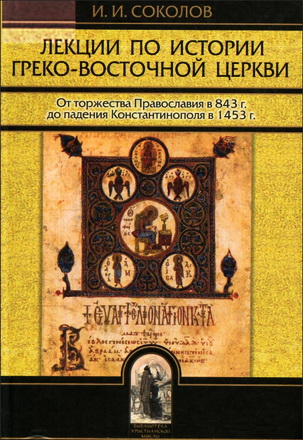
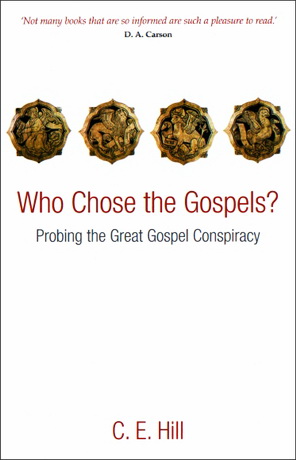
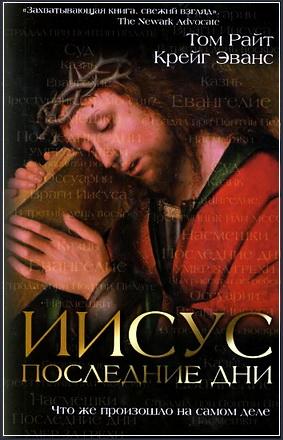
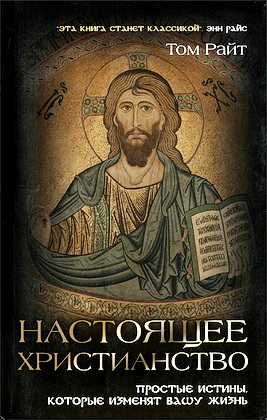
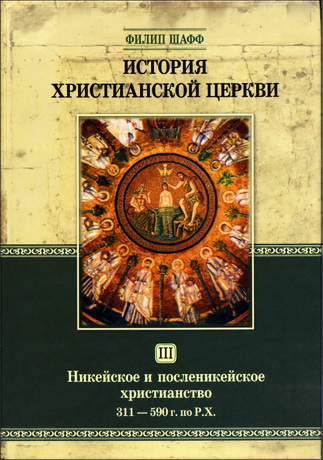
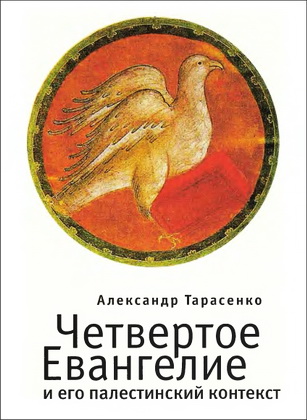
Комментарии (1 комментарий)
Обновление важной работы!